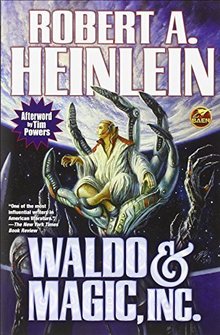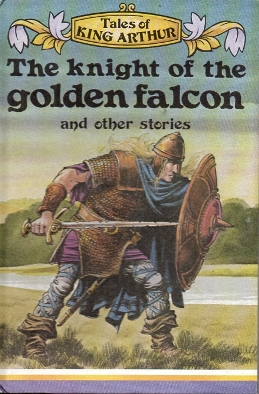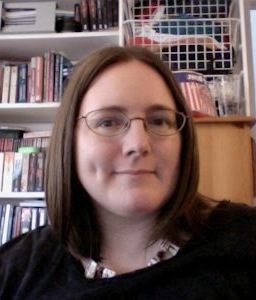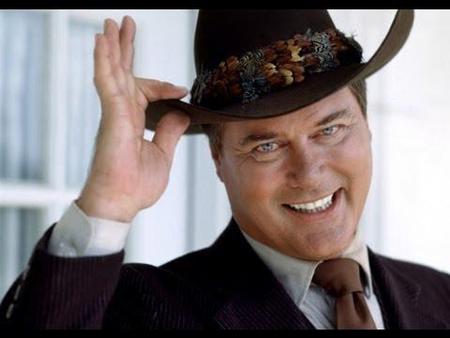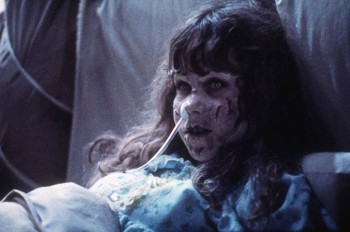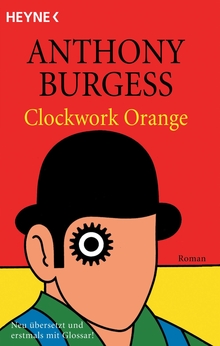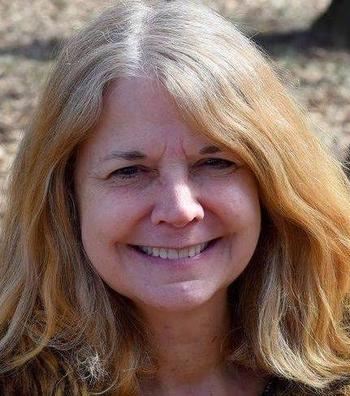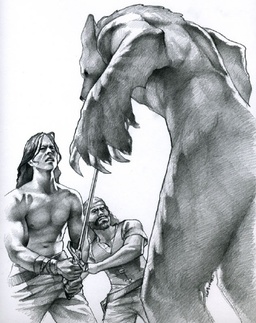Mysterion Submissions
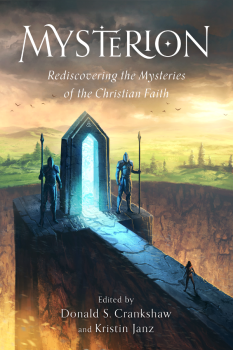 I’ve discussed Mysterion: Rediscovering the Mysteries of the Christian Faith, the anthology my wife and I are editing and publishing, on Black Gate before (here and here). We’re nearing the end of our submissions period, so I thought I’d discuss some of what’s going on with us. There’s a week left until submissions close on December 25th, so there’s still time to submit if you’d like to.
I’ve discussed Mysterion: Rediscovering the Mysteries of the Christian Faith, the anthology my wife and I are editing and publishing, on Black Gate before (here and here). We’re nearing the end of our submissions period, so I thought I’d discuss some of what’s going on with us. There’s a week left until submissions close on December 25th, so there’s still time to submit if you’d like to.
I’ve been keeping track of submissions on a weekly basis. As of Wednesday, we’ve received 385 submissions since we opened on October 15th, of which we’ve responded to 315. Most of those were rejections, but we’re currently holding 39 stories that we’re interested in publishing.
We won’t select any stories to go into the anthology until we’ve read them all. Instead, when we read a story that we think would make a good addition to the anthology, we tell the author that we’re planning to hold their story. After we’ve finished, I expect we’ll have somewhere around 50 stories that we’re holding. From those we’ll select the the ones that will go into the anthology.
At this rate, it looks pretty certain that we’ll pass 400 submissions overall. It’s even possible that we’ll pass 500, if we get a surge in the last week equal to what we got in the first week, but I think we’ll probably end up somewhere between 425-450.
